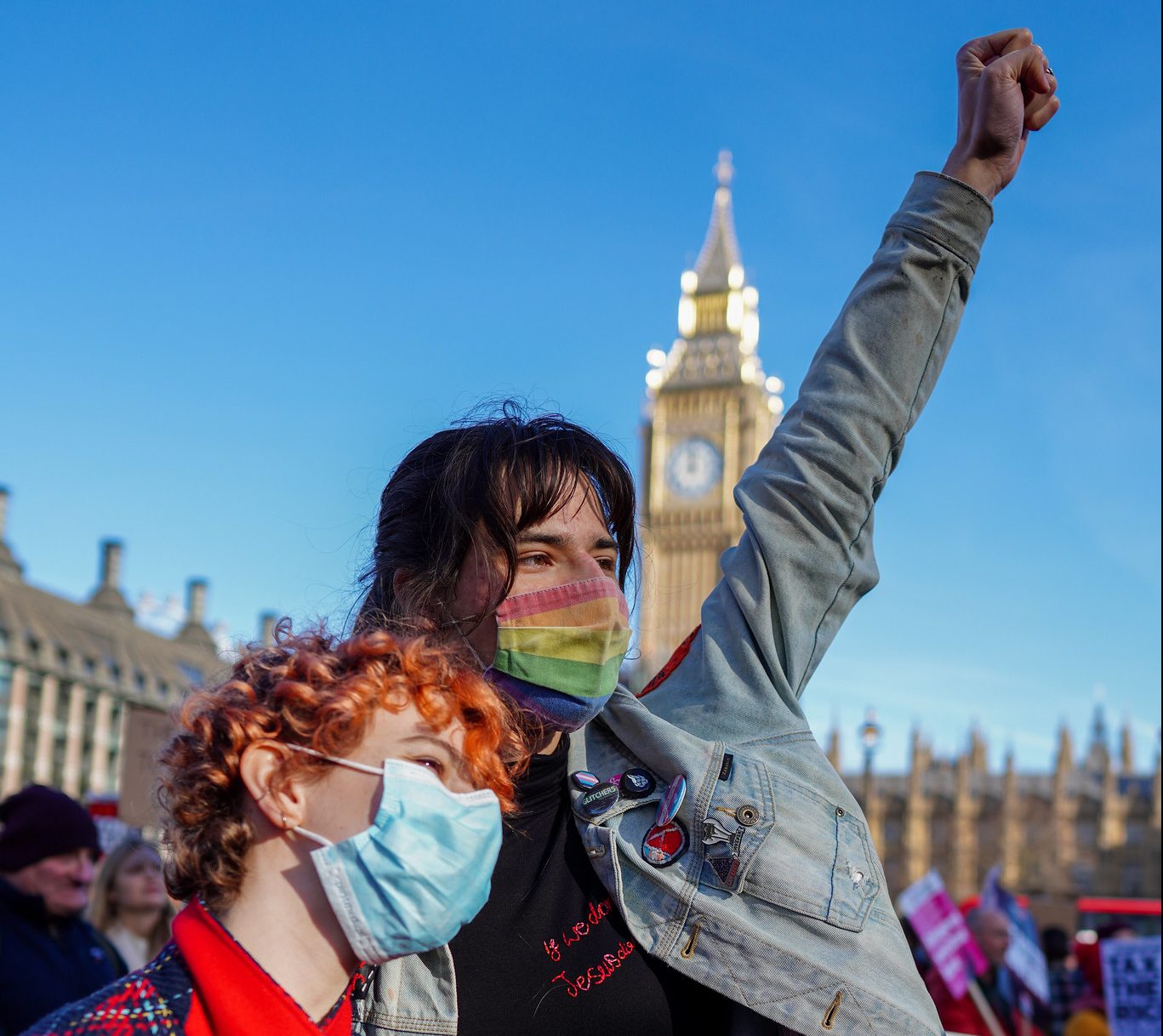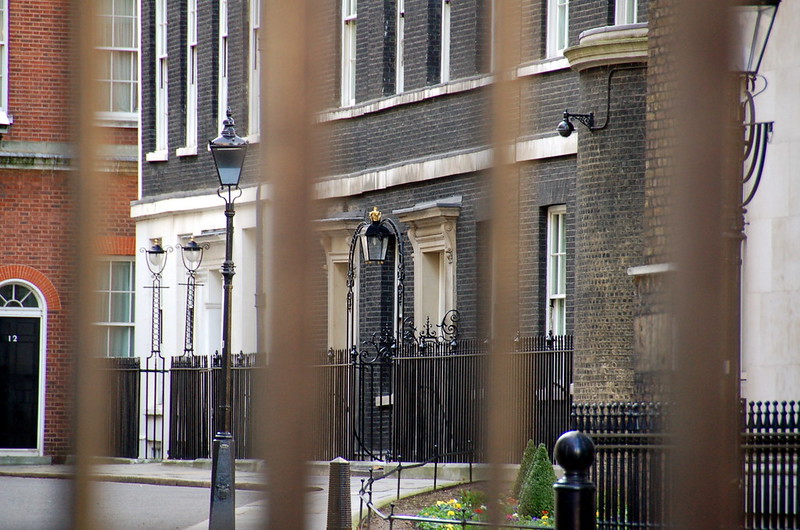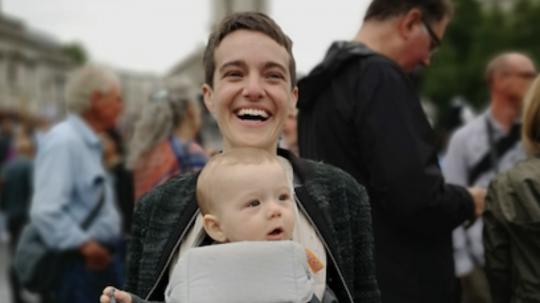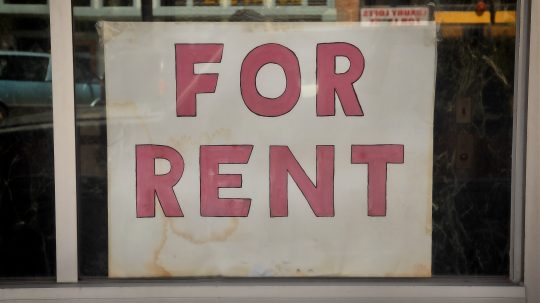Organisations are being asked to submit evidence to help the UN Committee on Economic, Social and Cultural Rights assess how well our socio-economic and cultural rights are protected in the UK. It’s happening on a backdrop of the Human Rights Act being replaced with a controversial Bill of Rights and a cost-of-living crisis, which is affecting people’s daily lives, across the UK.
Just Fair will lead on gathering evidence to assess how well our rights are protected in the UK. The project is funded by the Equality and Human Rights Commission, which is an A-rated National Human Rights Institution (NHRI) for England and Wales, and Britain’s National Equality Body.
The Committee will assess how well people’s socio-economic rights are protected in the UK – such as food, housing, health, and education. JustFair will be gathering evidence from now until 26 September.
Every five years the United Nations (UN) Committee on Economic, Social and Cultural Rights (CESCR) reviews the UK to see how well people in the UK are able to enjoy these rights and where the UK Government needs to improve its work.
Helen Flynn, Head of Policy, Research and Campaigns at Just Fair stated: “The current cost of living crisis has highlighted the need for robust protection of our economic, social, and cultural rights across the UK. Join us in challenging the UK government on the international stage.”
Housing, Food and Health
Despite being a ‘state party’ to the International Covenant on Economic, Social and Cultural Rights (ICESR), rights such as housing, have not been incorporated into domestic law. Providing access to basic shelter and protection from homelessness for all, is part of the UK’s minimum ‘core obligations’ of the right to housing as well as the right to health – states are required to fulfil these minimum obligations regardless of their resources.
In June, Amnesty International published a report, which found that people facing homelessness in England continue to be seen by the government as an act of ‘charity or a reward’ rather than a human right. As it stands, local authorities in England do not have a duty to provide assistance and housing to every person facing homelessness and there are specific eligibility criteria in place.
In the last month alone, the price of food, fuel and housing has rocketed, while wages, for many across the UK, have been cut. These are just some of the issues that JustFair will be gathering evidence on over the next few months.
Holding governments to account
It is important that as a society, people whose rights are being breached, work with local charities and organisations so that they can have their say as part of this mass submission of evidence. By working with organisations individuals can hold the Westminster and the Welsh Assembly to account for their obligations and duties to protect our socio-economic and cultural rights under the ICESCR.
JustFair will be asking groups to put forward their voices and hopes to hear from a wide cross-section of the two nations who share common issues and to represent new challenges people are facing. Organisations will also be able to take part in a series of events across England and Wales, which will provide support for any interested groups that may want to take part.
Once the evidence has been gathered, all of the findings will be submitted to the UN committee as an independent, shadow report which will be co-signed by contributing organisations across England and Wales.
You can find out more information about how to submit evidence here.





